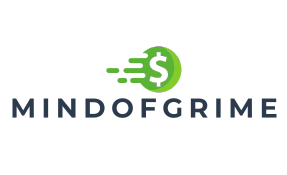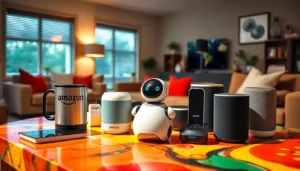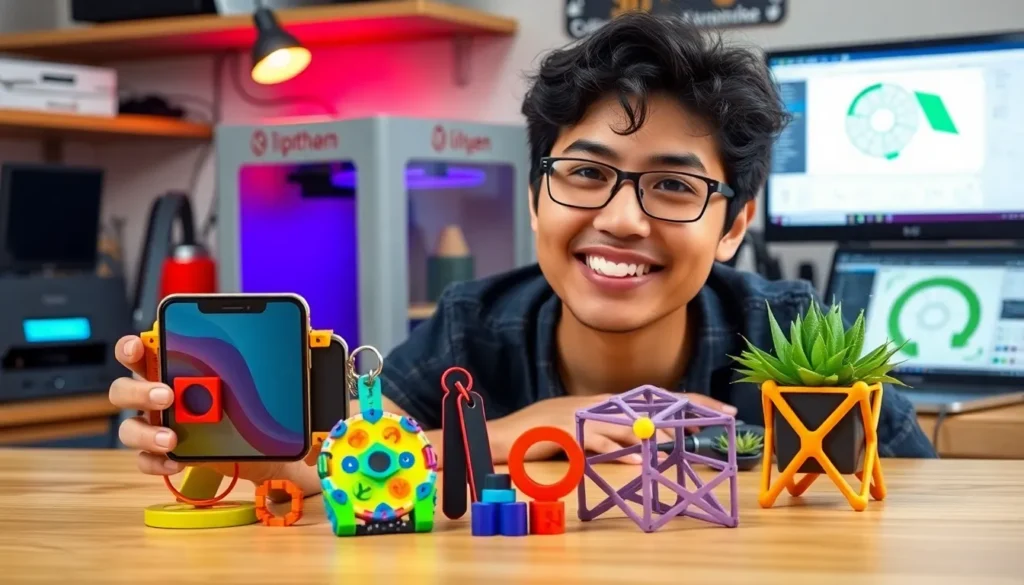Table of Contents
ToggleIn a world where grinding and hustling have become badges of honor, the hustle culture meme has taken social media by storm. It’s a tongue-in-cheek reflection of today’s relentless pursuit of success, often poking fun at the absurd lengths people go to in the name of productivity. From late-night coffee binges to overly ambitious side hustles, these memes capture the essence of a generation that’s both inspired and exhausted by the hustle.
But is this culture really a recipe for success or just a comedic trap? As he scrolls through endless feeds of motivational quotes and productivity hacks, one can’t help but wonder if the hustle is worth the mental toll. Join the conversation as we dive into the hilarious world of hustle culture memes and explore what they reveal about our quest for achievement in an increasingly chaotic landscape.
Understanding Hustle Culture Meme
Hustle culture memes gain traction across social media platforms, highlighting the extreme chase for success. These memes convey both humor and critique of contemporary work ethics and priorities.
Definition of Hustle Culture
Hustle culture refers to a mindset that glorifies relentless work and productivity. This phenomenon encourages individuals to prioritize their careers over personal well-being. Many followers believe that constant effort leads to success and financial gain. Emphasis on side hustles and grueling work hours showcases the belief that sleep is a luxury. Critics argue this culture promotes a toxic environment where hustle eclipses genuine fulfillment.
Origins of the Meme
The hustle culture meme emerged from the broader conversation about work-life balance. Memes began circulating in the early 2010s, capturing ironic and absurd elements of extreme productivity. Platforms like Instagram and Twitter fueled this trend, enabling users to share relatable experiences. Influencers often amplify these messages, blending humor with motivation. Over time, the meme morphed into a commentary about societal pressures and personal expectations, revealing discomfort beneath the humorous facade.
The Impact of Hustle Culture Meme

Hustle culture memes significantly shape perceptions around work and productivity. These memes proliferate across social media, where users engage with content that glamorizes constant effort.
Influence on Social Media
Social media platforms amplify hustle culture by promoting images of non-stop work. Users share posts showcasing late-night efforts, urgent deadlines, and ambitious side projects. Memes blend humor and motivation, leading to widespread relatability. Apps like Instagram and Twitter serve as critical vehicles for these messages, creating a community around the hustle mentality. Influencers often embody this culture, inspiring followers to embrace grinding despite its drawbacks. Engaging with such content can lead to increased pressure to perform, making it crucial to recognize the implications of these shared narratives.
Effects on Mental Health
Hustle culture memes can negatively impact mental health. The relentless pursuit of productivity fosters anxiety and burnout among individuals. Many feel compelled to continuously prove their worth through work, sacrificing personal well-being. Critics highlight that such pressure distorts the concept of success, creating a cycle of dissatisfaction. Acknowledging the irony in hustle memes becomes essential, as they often underline the absurdity of extreme work ethics. Prioritizing self-care diminishes the influence of these cultural pressures, encouraging a more balanced perspective on achievement.
Criticism of Hustle Culture Meme
Critics highlight the significant drawbacks of hustle culture memes. The relentless push for overwork creates a skewed perception of success.
Arguments Against Overwork
Workers experience diminishing returns due to chronic overwork. Studies indicate that excessive hours impair productivity, leading to burnout. Research from organizations like Gallup has revealed that employees working long hours often report lower job satisfaction. People sacrifice personal relationships and leisure activities, believing relentless dedication equals success. A healthier approach balances work and personal life. A survey by Deloitte found that 83% of workers prefer companies promoting work-life balance, demonstrating a shift in priorities. When organizations embrace humane work practices, employees thrive both professionally and personally.
Alternative Perspectives
Alternative viewpoints emphasize the importance of self-care and fulfillment. Many individuals prioritize mental health over constant productivity. The idea that success isn’t solely defined by work resonates with a growing audience. Advocates for a balanced approach encourage pursuing hobbies and spending time with loved ones. Experts argue that meaningful experiences create lasting happiness. More conversations around mental well-being challenge the hustle mentality, suggesting fulfillment comes from diverse life experiences rather than perpetual work. Social platforms amplify these views, portraying a shift toward healthier lifestyles.
Embracing a Balanced Lifestyle
Prioritizing a balanced lifestyle combats the pressures of hustle culture. Many individuals find fulfillment by creating boundaries between work and personal life.
Finding Work-Life Harmony
Work-life harmony emphasizes the need for balance. Integrating time for work and personal pursuits enhances overall well-being. Surveys indicate that 83% of workers prefer organizations that support this balance. Having time for self-care improves productivity and reduces stress. Cultivating hobbies or spending time with loved ones strengthens mental health. Setting specific work hours helps prevent burnout. Flexible work arrangements foster greater job satisfaction and motivation.
Redefining Success
Success doesn’t solely depend on professional achievements. Individuals now recognize fulfillment in personal happiness and well-being. This perspective shift encourages prioritization of meaningful experiences over relentless productivity. Communities support this evolving definition of success, advocating for self-care and emotional intelligence. Celebrating small victories can be more impactful than chasing lofty goals. Refocusing on health and relationships leads to a more sustainable sense of accomplishment. As societal views evolve, personal fulfillment emerges as a crucial factor in achieving true success.
Hustle culture memes serve as a reflection of society’s obsession with productivity and success. While they offer humor and camaraderie, they also highlight the dangers of overwork and the skewed perception of achievement. The growing awareness of the need for work-life harmony emphasizes that true fulfillment comes from balancing professional ambitions with personal well-being.
As individuals navigate the pressures of modern life, embracing a mindset that values self-care and meaningful experiences can lead to a healthier definition of success. By celebrating small victories and prioritizing relationships, it’s possible to break free from the relentless grind and foster a more sustainable approach to achievement.










